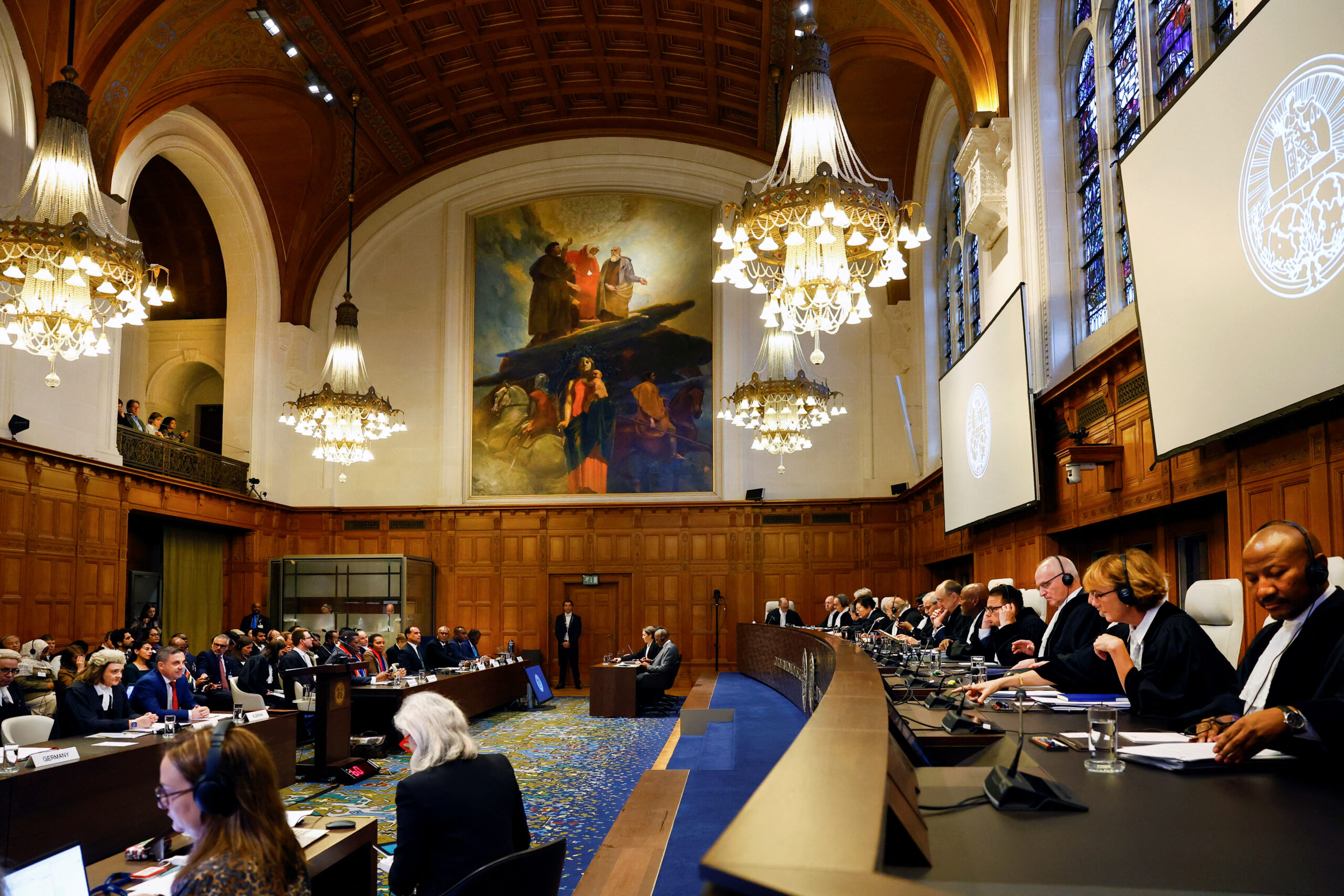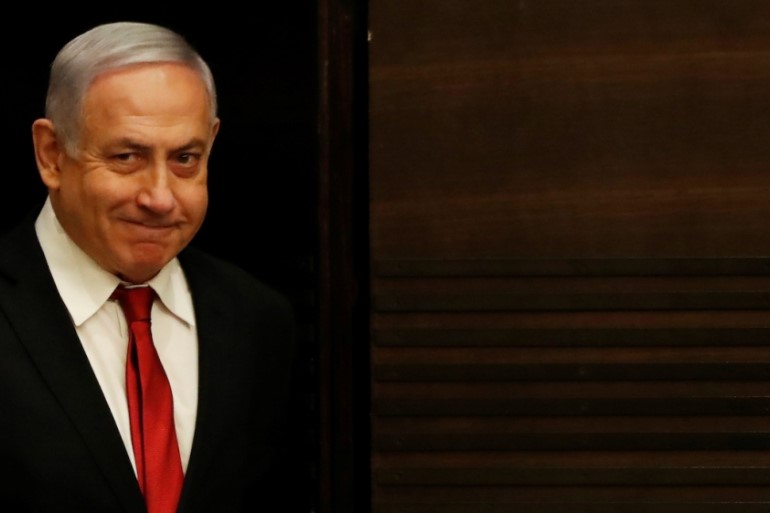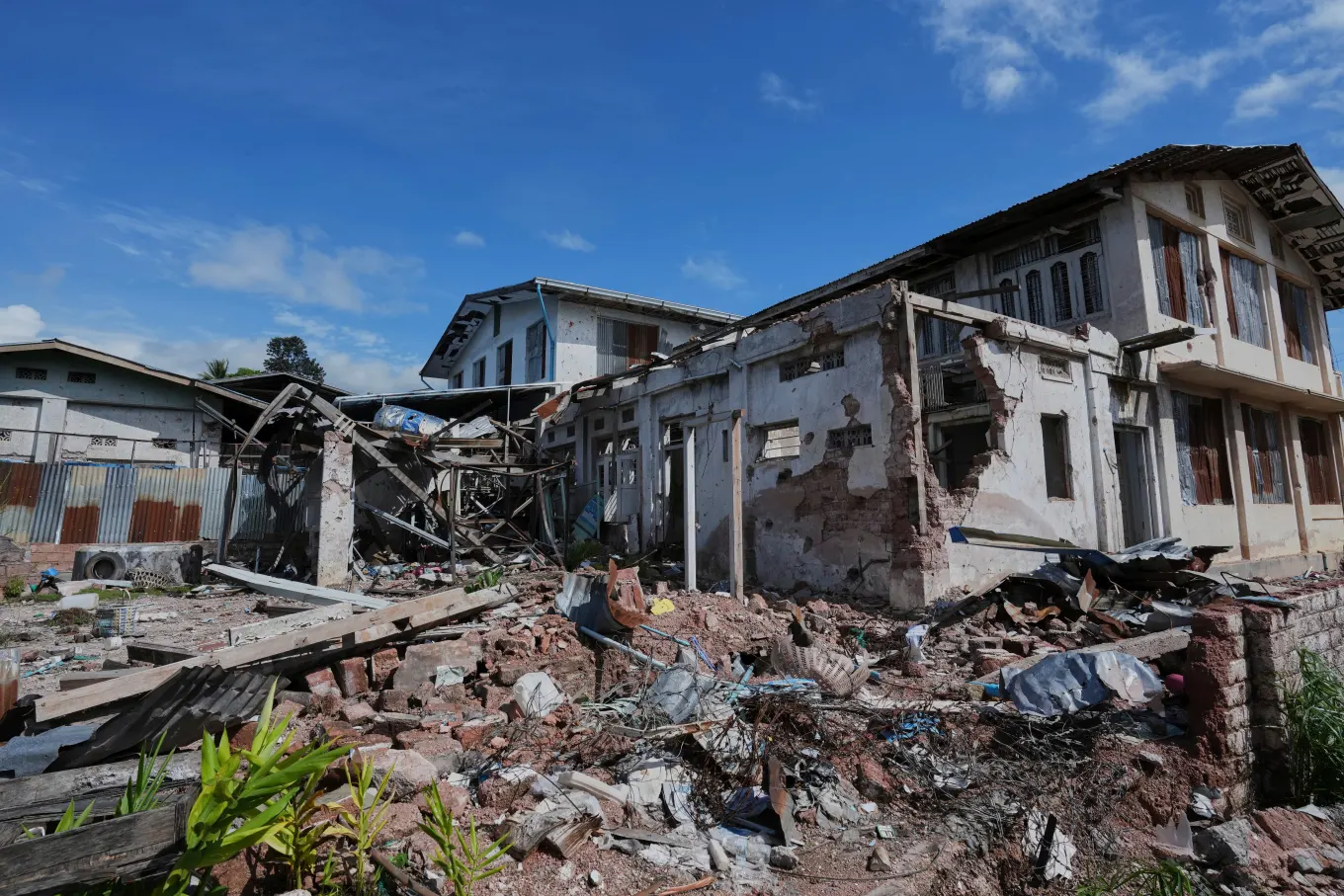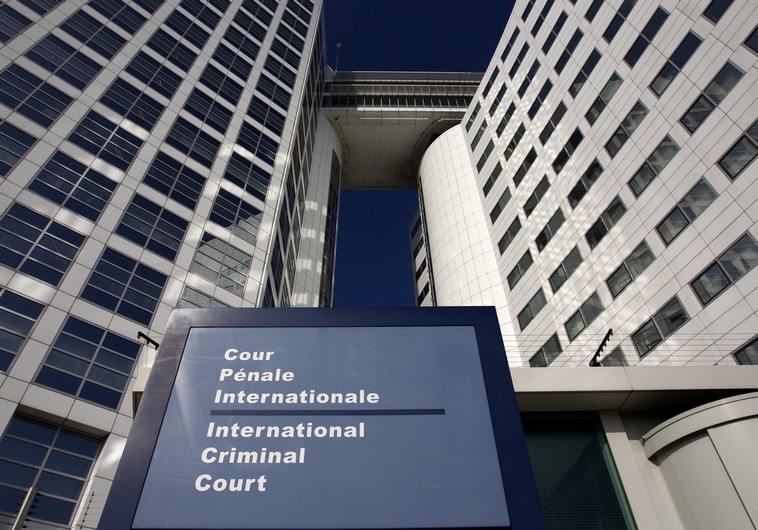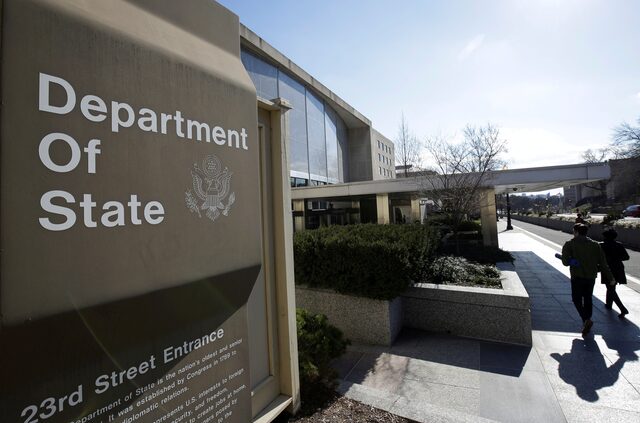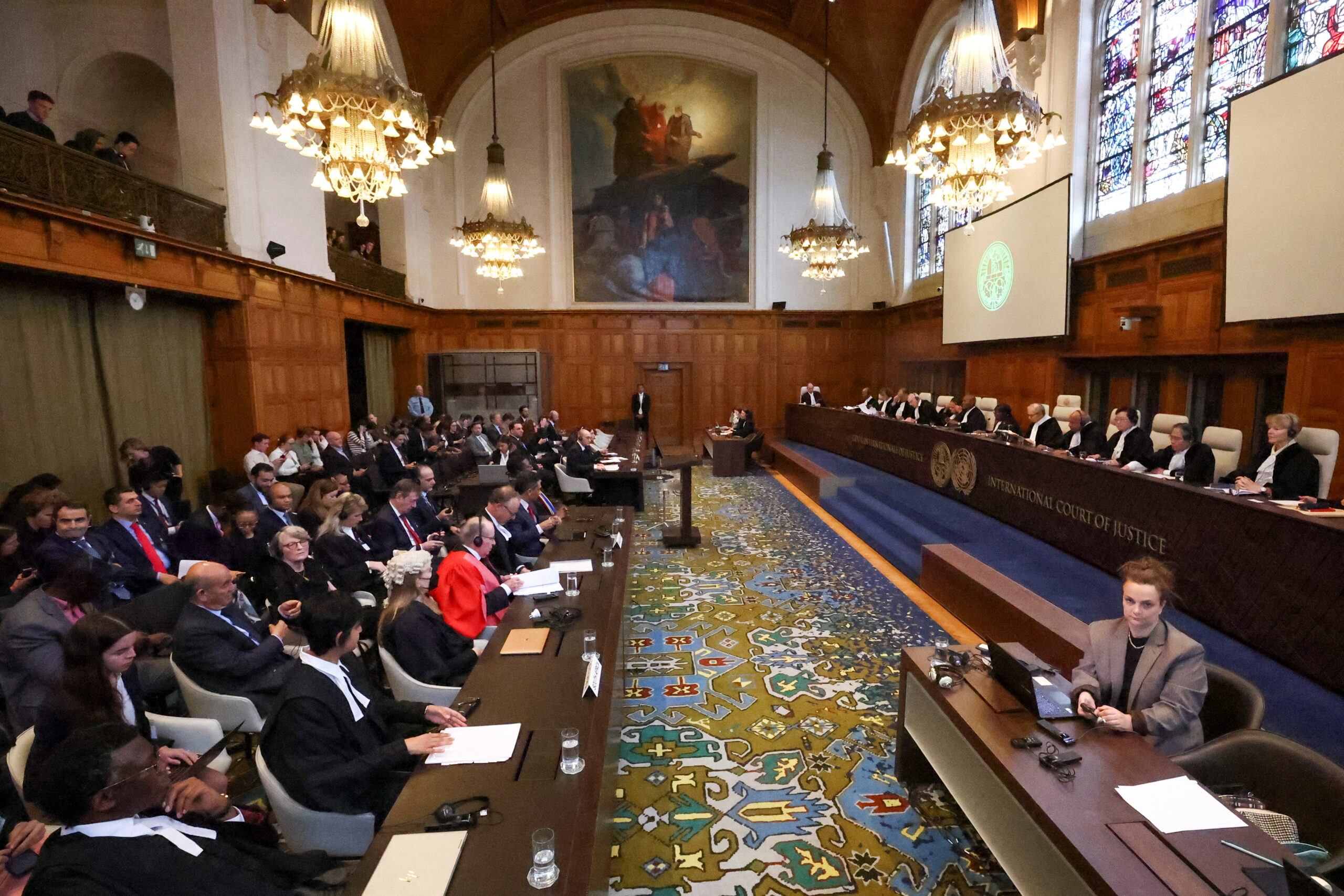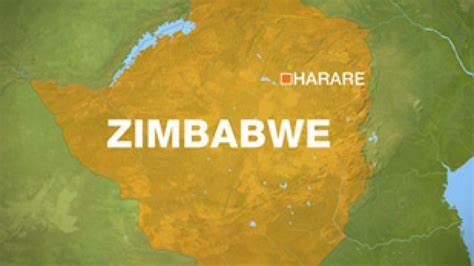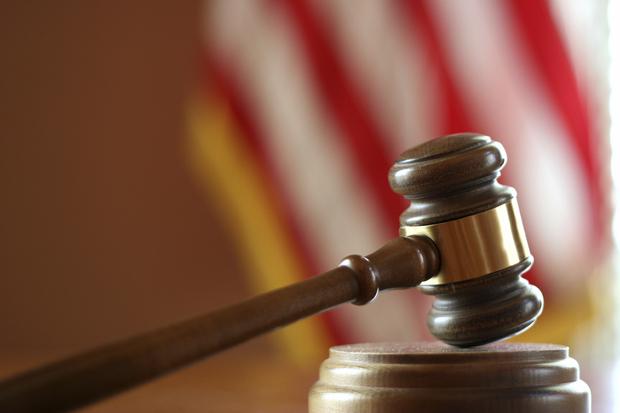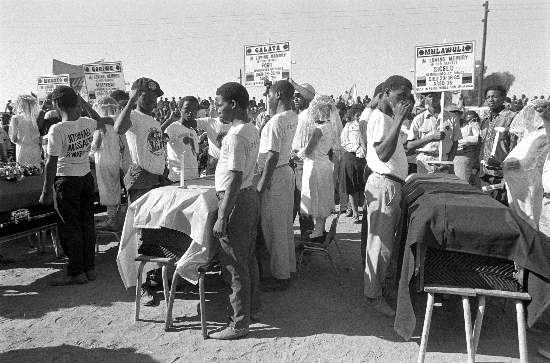Minneapolis/Closing arguments and jury deliberation
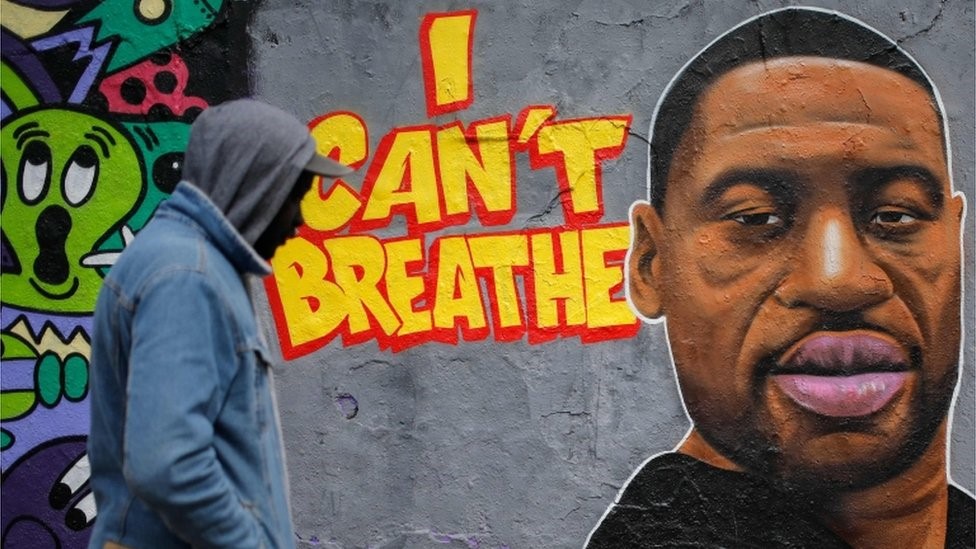
Chauvin’s part in George Floyd’s death will be deliberated/Aljazeera.
The prosecution will go first, followed by the defence. After the defence gives their closing argument, the prosecution will give a rebuttal. Unclear how long they will last; there’s no time limit and may last all day. Once closing arguments have concluded, the judge will deliver his instructions to the jury including which laws they must follow during deliberation and each charge against Chauvin, and the legal elements that underlie those charges. The jury will then be sent for deliberations.
The judge said last week the jury will have access to the audio and video exhibits in their deliberation room so they won’t need to come back into the courtroom if they want to re-examine exhibits and evidence. If they have any questions for the judge, they can ask him via Zoom. During the deliberation period, the jury will be sequestered, or isolated, in hotel rooms at night. The jury must reach a unanimous decision. It’s unclear how long they will deliberate. Law experts say that the jury will likely first take a “poll” on whether Chauvin is guilty or not. If the decision is unanimous, the verdict will be announced quickly. If not, it could take days or even weeks to reach a unanimous decision.
The jury can find Chauvin guilty or not of some or all of the charges against him. If they cannot reach a unanimous decision and alert the judge, the judge is likely to urge them to continue trying. If they reach a deadlock nonetheless, it’s up to the judge’s discretion to declare a mistrial on one more of the charges. If that happens, the prosecution will need to decide whether to retry Chauvin.


